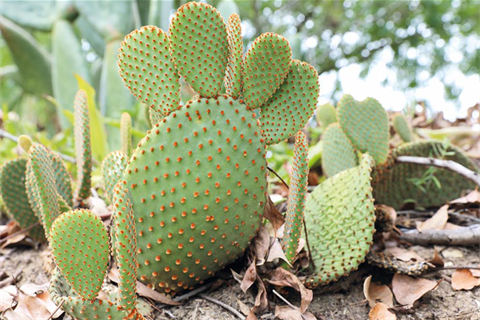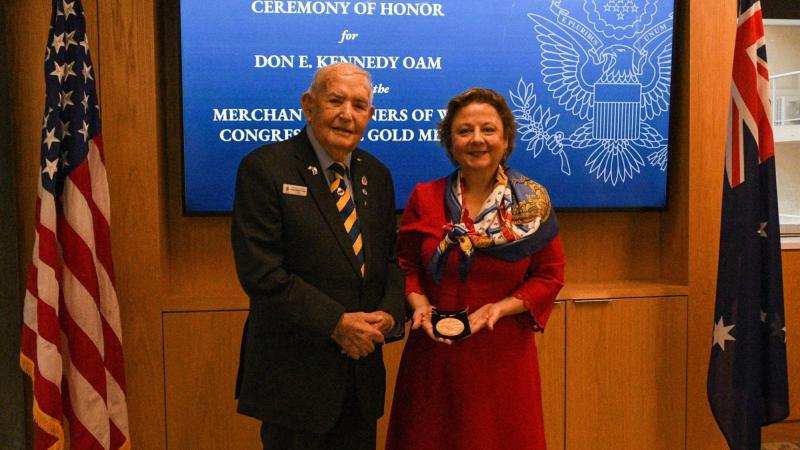
Council has joined up with a new state-wide campaign urging residents to be on the lookout for the prohibited sale or trade of prickly pear cacti.
Barbed bristles and sharp spines on the plants detach easily from the plant and can cause serious injury to people. They can injure, cause infection in, blind and even kill native animals, pets, working dogs and livestock. Once in the environment, prickly pears can form impenetrable walls of vegetation and cost millions of dollars to control.
NSW Crime Stoppers, local councils, Local Land Services and the NSW Department of Primary Industries have joined forces to call for anyone who sees these plants for sale to report it.
Easy to propagate from cuttings, cacti are popular plants in household gardens, both indoors and outdoors. That same rapid growth can cause widespread devastation in the natural environment.
“Prickly pears that are dumped in backyards or reserves can spread easily and rapidly. Seed is also spread by birds that eat the fruit of plants growing in garden beds and pots. Prickly pears have nasty spines that can injure people, wildlife and pets and they are difficult plants to kill.
“It’s prohibited to import prickly pears into NSW or sell or swap them in NSW for these reasons,” Program Coordinator – Natural Landscapes, Simon Holloway said.
“Spring usually brings an increase in plant sales, so we’re appealing to the public to be on the lookout for these cacti in markets and online.”
There are more than 27 species of prickly pear known to be in Australia. Eve’s needle, bunny ears, smooth tree pear and blind cactus are all types of prickly pear illegally traded in NSW, despite on-the-spot fines of $1,000 and penalties of up to $220,000.







